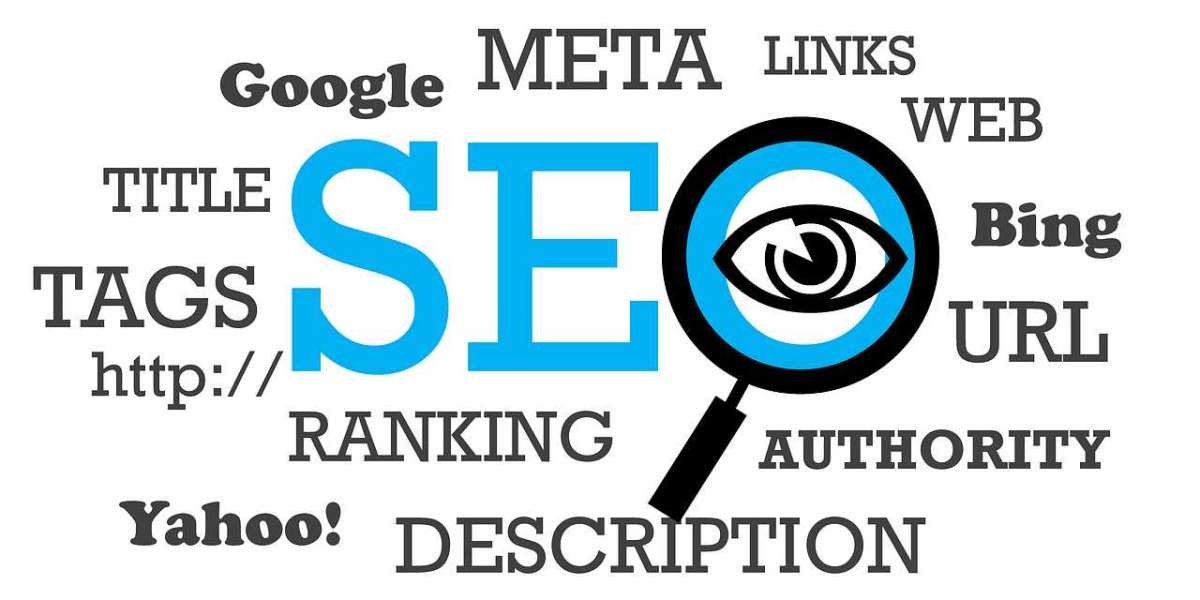One of the most exciting advancements in self-development is the proliferation of mindfulness practices. Mindfulness, which involves paying attention to the present moment without judgment, has been shown to have numerous benefits for mental health and well-being. Research has found that practicing mindfulness can reduce stress, anxiety, and depression, as well as improve focus, creativity, Forgiveness and letting go (https://dialadda.com) overall happiness.
 One popular mindfulness practice is meditation, which involves focusing on the breath or a specific mantra in order to quiet the mind and cultivate awareness. Meditation has been practiced for thousands of years in various cultures around the world, but it has recently gained mainstream popularity as a powerful tool for self-development. Studies have shown that regular meditation practice can lead to changes in the brain that are associated with improved emotional regulation, attention, and cognitive function.
One popular mindfulness practice is meditation, which involves focusing on the breath or a specific mantra in order to quiet the mind and cultivate awareness. Meditation has been practiced for thousands of years in various cultures around the world, but it has recently gained mainstream popularity as a powerful tool for self-development. Studies have shown that regular meditation practice can lead to changes in the brain that are associated with improved emotional regulation, attention, and cognitive function.Another mindfulness practice that has gained momentum in recent years is mindful eating. Mindful eating involves paying attention to the sensations of eating, such as the taste, texture, and smell of food, in order to cultivate a greater awareness of hunger and fullness cues. This can help individuals develop a healthier relationship with food, reduce overeating, and improve digestion.
In addition to mindfulness practices, another cutting-edge self-development strategy is the use of biofeedback technology. Biofeedback involves monitoring physiological signals, such as heart rate, skin temperature, and muscle tension, in order to gain insight into the body's responses to stress. By learning to control these physiological responses through techniques such as deep breathing or visualization, individuals can improve their ability to manage stress and anxiety.
One popular form of biofeedback technology is heart rate variability (HRV) training. HRV is a measure of the variation in time between heartbeats, which can be an indicator of overall health and stress levels. By using a heart rate monitor and specialized software, individuals can learn to increase their HRV through techniques such as slow, rhythmic breathing. This can help individuals improve their resilience to stress and enhance their overall well-being.
Another cutting-edge self-development strategy is the use of cognitive behavioral therapy (CBT) techniques in virtual reality (VR) environments. CBT is a form of psychotherapy that focuses on changing negative thought patterns and behaviors in order to improve mental health. By combining CBT with VR technology, individuals can practice new coping skills in realistic, immersive environments that simulate real-life situations.
For example, individuals with social anxiety could use VR therapy to practice interacting with others in social settings, gradually exposing themselves to more challenging situations in a controlled environment. Studies have shown that VR therapy can be just as effective as traditional CBT techniques, and may even offer some advantages in terms of accessibility and convenience.
One of the most exciting developments in self-development is the use of artificial intelligence (AI) to personalize self-improvement strategies. AI algorithms can analyze large amounts of data on an individual's habits, preferences, and behaviors in order to provide personalized recommendations for self-development. This could include suggestions for goal-setting, time management, stress reduction, and other areas of personal growth.
For example, an AI-powered app could analyze a user's daily routines and identify patterns that are contributing to stress or inefficiency. Based on this analysis, the app could offer tailored suggestions for improving time management, such as setting specific goals, prioritizing tasks, or incorporating mindfulness practices into the daily routine. This level of personalized guidance could help individuals make more informed decisions about their self-development journey.
In conclusion, self-development strategies are constantly evolving in response to changes in technology, psychology, and neuroscience. By staying up-to-date on the latest advancements in the field, individuals can take advantage of cutting-edge tools and techniques to enhance their personal growth and well-being. From mindfulness practices to biofeedback technology to AI-powered personalization, there are countless ways to navigate the landscape of self-development and find strategies that work best for each individual. By exploring these innovative approaches and incorporating them into daily life, individuals can continue to grow and thrive in an ever-changing world.







